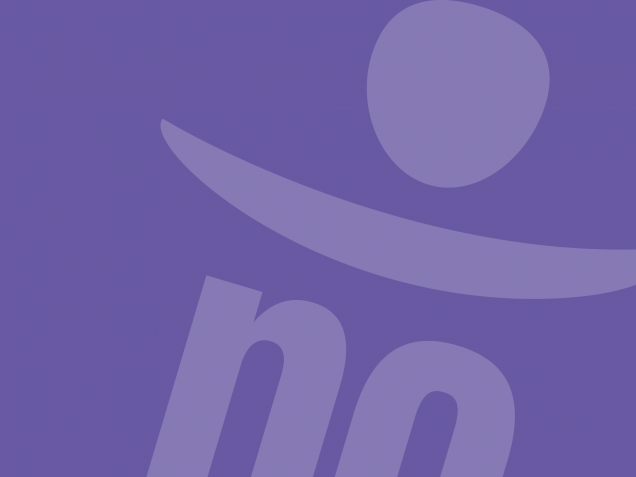Certificate in Conflict Management and Mediation

Nombre d'heures de formation
120 hoursDurée de la formation
1 yearResponsable(s) pédagogique(s)
Anne MEYER-HEINE
Management
This certificate addresses the different methods of non-contentious conflict resolution (regulation, arbitration, conciliation, etc.), and provides the tools to better assess the real issues of the conflict, the personality of the parties and the overall context.
Description of the course
Conflicts are part of everyday life. Untreated or badly managed, they can lead to disorganisation, break-up, revenge, violence… Training in conflict management and mediation develops the person’s ability to take into account all the dimensions of the conflict and the relationship (legal, economic, psychological, emotional, socio-cultural…).
This teaching cycle is designed to reinforce knowledge, broaden skills in all fields of mediation and to master behaviours. It favours the interactive method by alternating theory and practice. The courses given aim to enable each person to deal with conflict management. The aim is to help people in conflict situations in their professional or associative activities, in their relations with public authorities or in their personal lives, to find ways of managing these conflicts.
This training is therefore offered to any individual wishing to assimilate the concepts and methodologies of mediation or to develop an interface relationship whatever the sector concerned. The training emphasizes the different forms of mediation that exist in France in various fields and encourages everyone to practice the role of mediator based on real situations taken from different fields (work, business, administration, family, neighbourhood, school, etc.).
The training is given by academics and mediation professionals: mediators, court conciliators, lawyers, magistrates, psychologists, sociologists, experts, consultants, managers of a given sector of activity, etc
Targeted skills
- Analysis of human relationships and causes of conflict
Identify the causes of conflicts,
Understanding psychological and intercultural mechanisms
Transforming conflict into a driver for change
- Identification and resolution of conflicts
Identify the different types of conflicts,
Knowing the tools of conflict management,
Mastering communication in conflict situations
Conducting mediation
- Developing behavioural responses and methods of action
Adopt the specific posture of the third party mediator
Use the tools of mediation
Managing emotions in a conflict situation
Master the behavioural techniques of conflict management
Objectives
At the end of the course, candidates will have mastered the fundamentals of conflict management and mediation. The objective is that each candidate will be able to select, from among the concepts and tools presented, the most relevant ones with regard to the specificity of the situations he/she encounters and the conflicts he/she is faced with.
Organisation de la formation
UE 1
- The various representations and reactions to the conflict
- The different types and causes of conflict
- The evolution of the notion of conflict over time
- The dispute
seen as an opportunity for change
UE 2
- The mechanisms of aggression
- Aggressive impulses
- The failures of drive metabolizations
UE 3
The basic mechanisms of exchanges
- Communication barriers
- The relational issues of knowing oneself and others
- Psychopathologies: psycho-affective development and its failures
UE 4
- Culture and subcultures
- Cultural identity and intercultural contact
- Ethnocentrism and cultural relativism
UE 5
- Towards a typology of conflicts
- Conflict management tools
- How to anticipate a conflict situation
UE 6
- Stress management
- Voice work
- Body control
UE 7
- Role games
- Elaboration work on the dynamics at work in conflict management
UE 8
- The principles of mediation
- The stages of the mediation process
- The tools of the mediator
UE 9
- Judicial mediation and conventional mediation: issues, principles and process
- Dynamic approach to family mediation: contextual elements, specificities, application in the field
- The evolution of family law
UE 10
- Mediation between adults
- Mediation of minors
- The practice
UE 11
General principles, tools and techniques
Individual and collective labor disputes, management disputes
Business to Business Mediation: Economic Negotiations
“Coaching”: interest, scope, testimonial from a business leader
UE 12
- Managing emotions in conflict situations
- Work on the specific position of the third-party mediator
- Experimentation with mediation tools and techniques
- Development of creativity
UE 13
- School mediation
- Mediation in a hospital environment
- Mediation in banking and insurance
- Tax mediation
UE 14
- The negotiation of public and European policies
- What place for mediation in public management?
- Public service ombudsmen: from national to European level
UE 15
- Video training on conflict situations
- Common debriefing